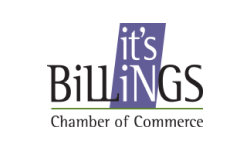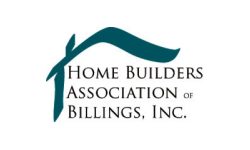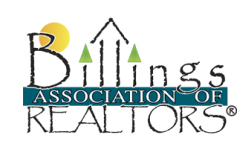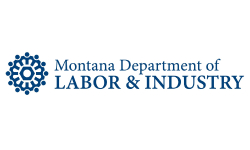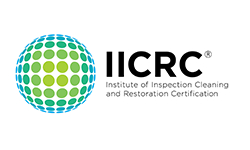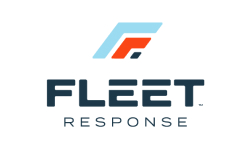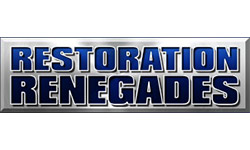"Luckily I have never needed to use a restoration company, but as someone who has worked closely with Alpha Omega, they have treated my clients very well, and have always been honest and very transparent. Although their whole team is very professional and punctual, Carissa and Sonya have been great to work with."
How to Maintain Your Industrial Facility
Regular and preventative maintenance is absolutely vital to the success of any industrial facility. Unlike corrective maintenance, preventative can help you avoid expensive problems that will affect productivity, safety, and budgets.
When it comes to preventative maintenance, establish a few regular routines and protocols right away. This can keep your facility up and running and help you avoid costly repairs that stop production. In this article, we’ll show you some of our best tips for establishing a maintenance routine in your industrial facility.
Tips for Performing Preventative Maintenance
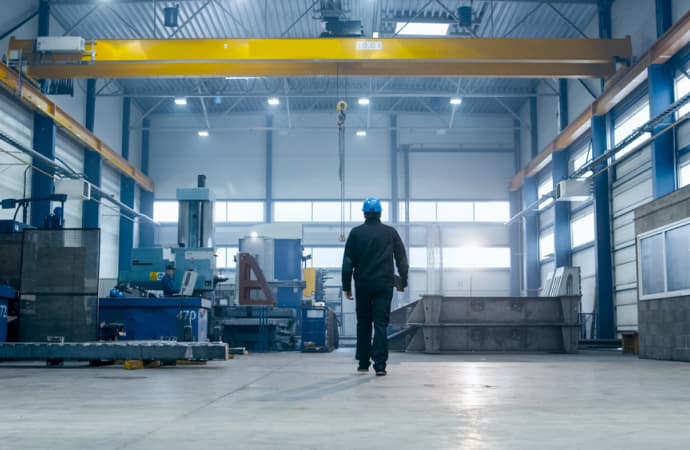
Every industrial facility should create their own preventative maintenance strategy to ensure the specific needs of the facility are addressed. However, there are some general guidelines that apply to nearly every industrial facility. Here are our best tips for maintaining your facility without having to shut down.
1. Get A Baseline
Before you create and launch a maintenance strategy, it’s best to get a handle on the current state of your facility. Consider the quantity, age, and types of machines you have, the overall production chain within your facility, the level of automation, and any maintenance issues you’ve had in the past. Once you have a baseline, you’ll have a better idea of what things you need to prioritize and focus on in your strategy.
2. Consult Equipment Manuals
In order to maintain your equipment, you have to thoroughly understand your equipment. Your equipment manuals are going to be guides to each piece of machinery by the manufacturers who know them best. In the manuals, you’ll find exactly what you need to do to make sure your equipment is always in good working order.
3. Keep Accurate Records
It’s important that you document all you can when it comes to your maintenance schedule. You’ll want to document your baseline, keep track of actions you’ve taken to carry out your maintenance plan, and any other information that will keep managers and workers assessed of what maintenance the facility has undergone.
4. Train, Train, Train
If you’re trying to be proactive when it comes to maintenance in your facility, it’s important that you get the buy-in and assistance from your employees. They should be effective and active participants in your maintenance plan. This means you need to train them about how to fulfill that role. Make sure they know how to identify issues, how to service machinery properly, and how to replace parts.
5. Assign Tasks To The Team
Make sure your plan specifies who will complete what maintenance tasks and when. It might seem like common sense, but when you’re working with a lot of people who have a lot of other responsibilities, it can get muddled. Make sure your team knows exactly who is responsible for what. Be sure to follow up to make sure that everyone is completing and documenting completion of their assigned tasks
6. Set Goals
Working from your baseline information, set goals for uptime, productivity, and quality. Compare the improvements you see in these areas to your baseline data. This can help motivate the entire team to continue their efforts in the plan. It can also help you identify areas that might not need as much focus.
7. Review And Modify
Like any protocol, it’s important to review it from time to time to make sure it is still relevant to the type of machinery you have in your facility. If something in your plan doesn’t work or becomes obsolete, don’t hesitate to change it. Continuous improvement should always be a priority with your plan. A good plan should be adaptive and responsive to the changing needs of your facility.
A solid plan for preventative maintenance is going to require a bit more attention to detail, but it will save a lot of time and money in the long run.
But even the most thorough plan isn’t failproof from events that are largely out of your control. If your facility experiences damage due to fire, water, mold, or biohazard damage, your maintenance team needs help from the professionals at Alpha Omega. Our experienced disaster restoration team can ensure that you can get your facility up and running quickly and safely.
Contact one of our restoration specialists today to discuss how you can partner with Alpha Omega to help with the maintenance of your industrial facility.

